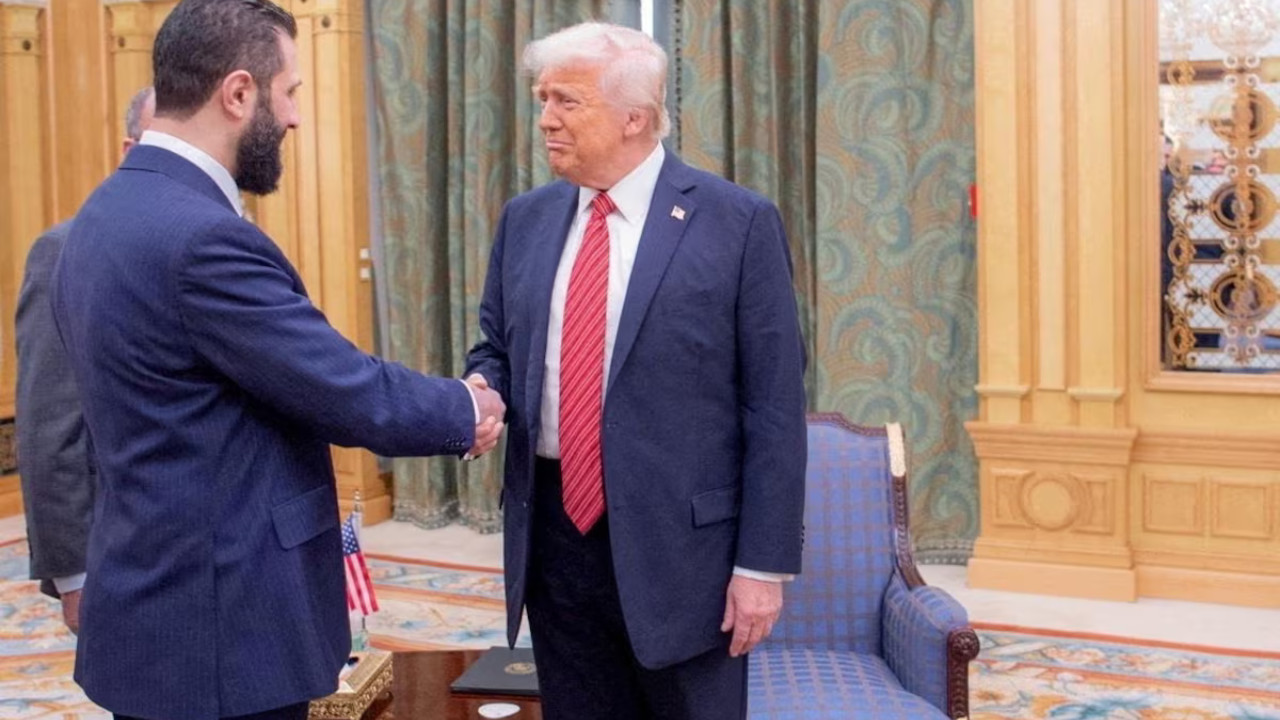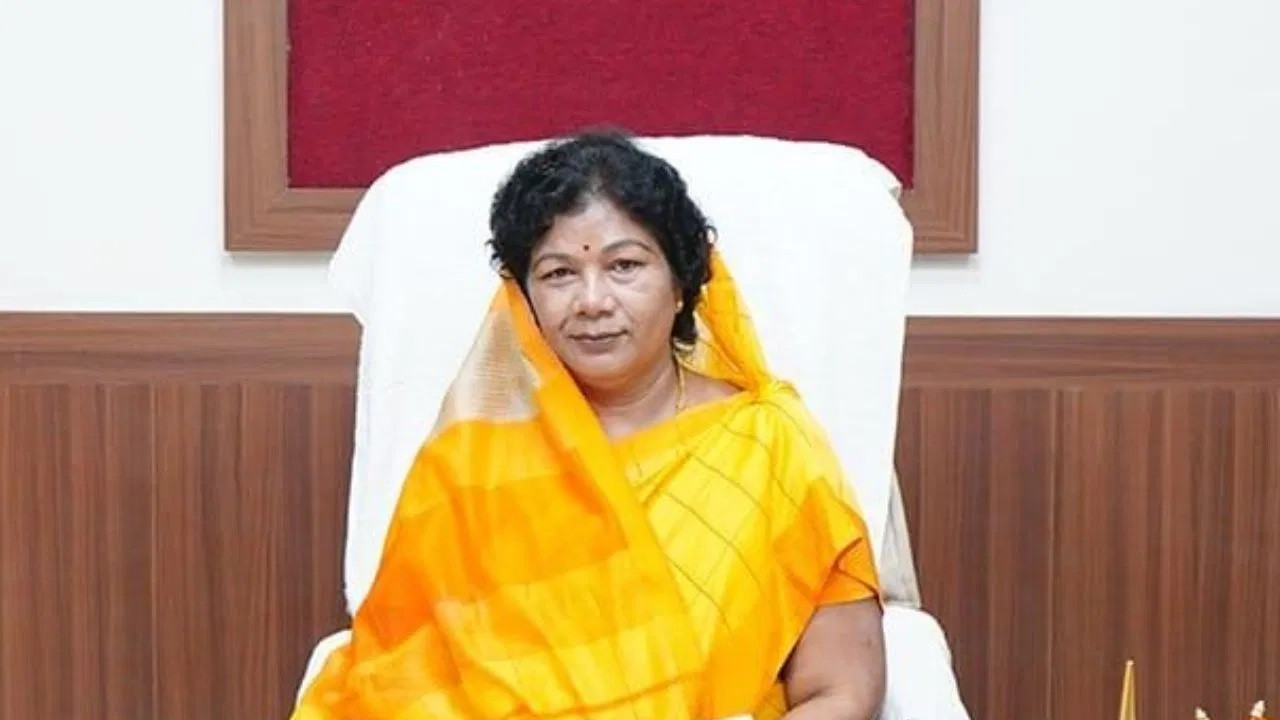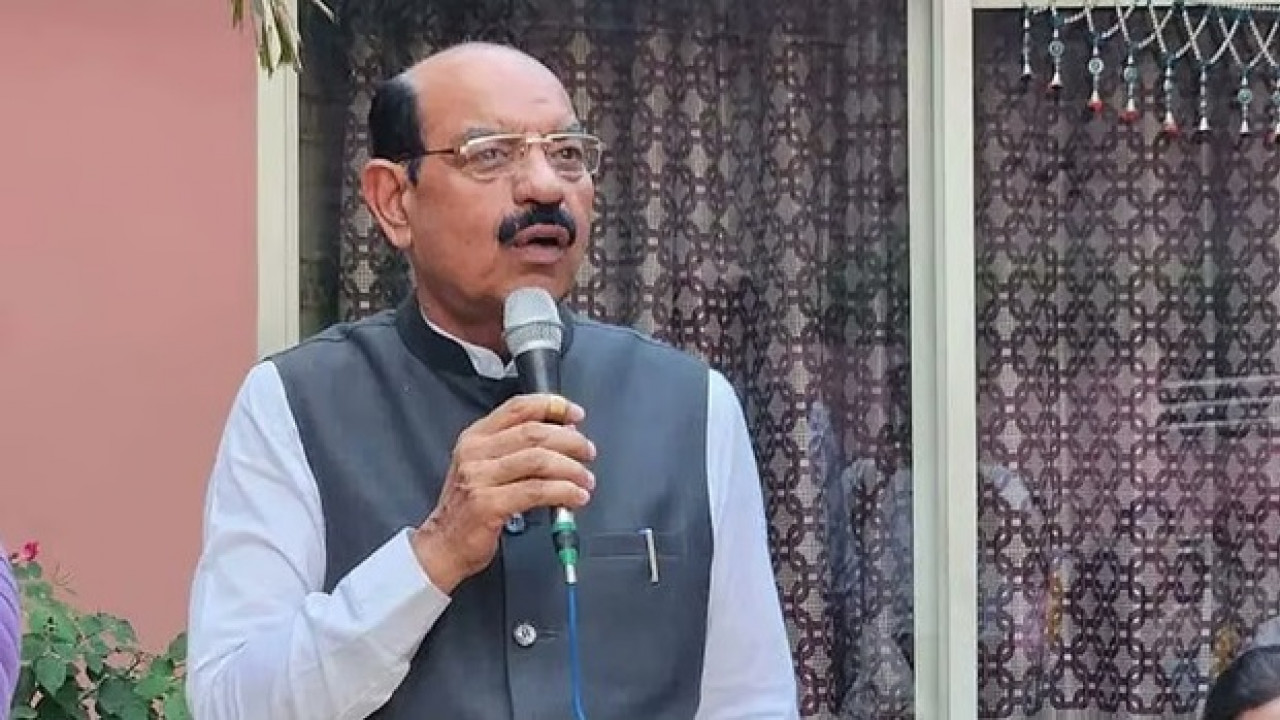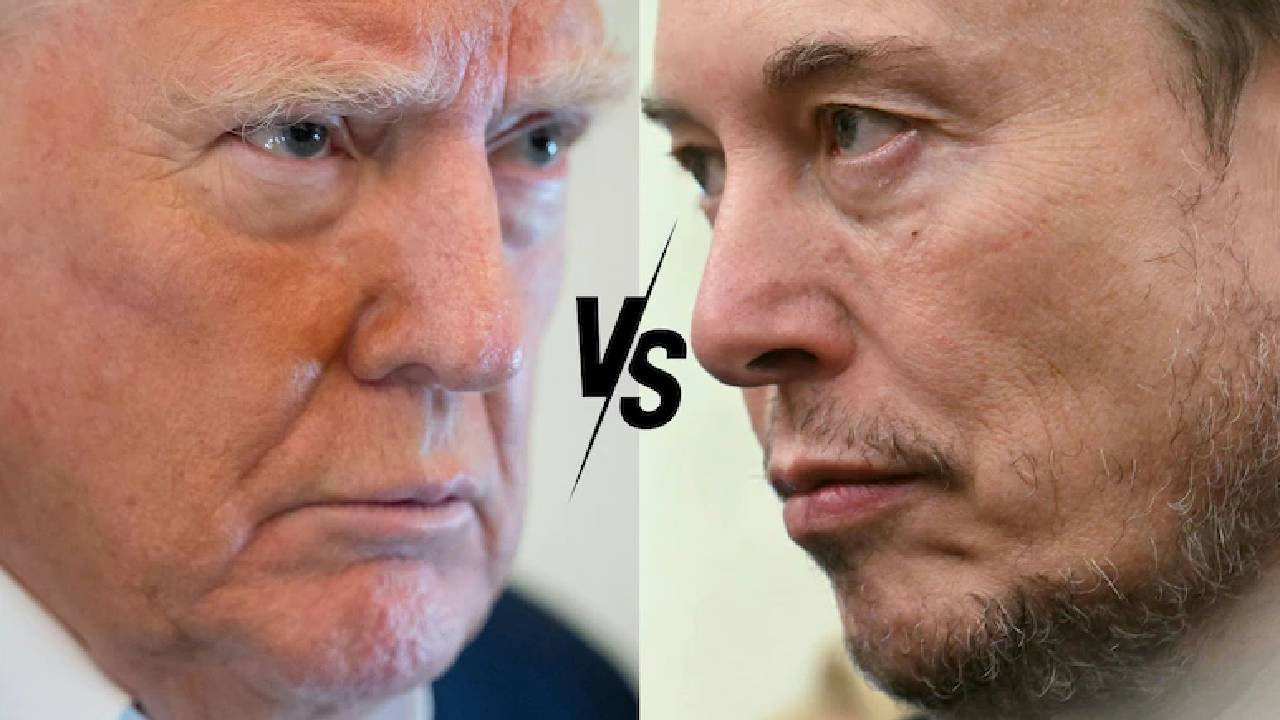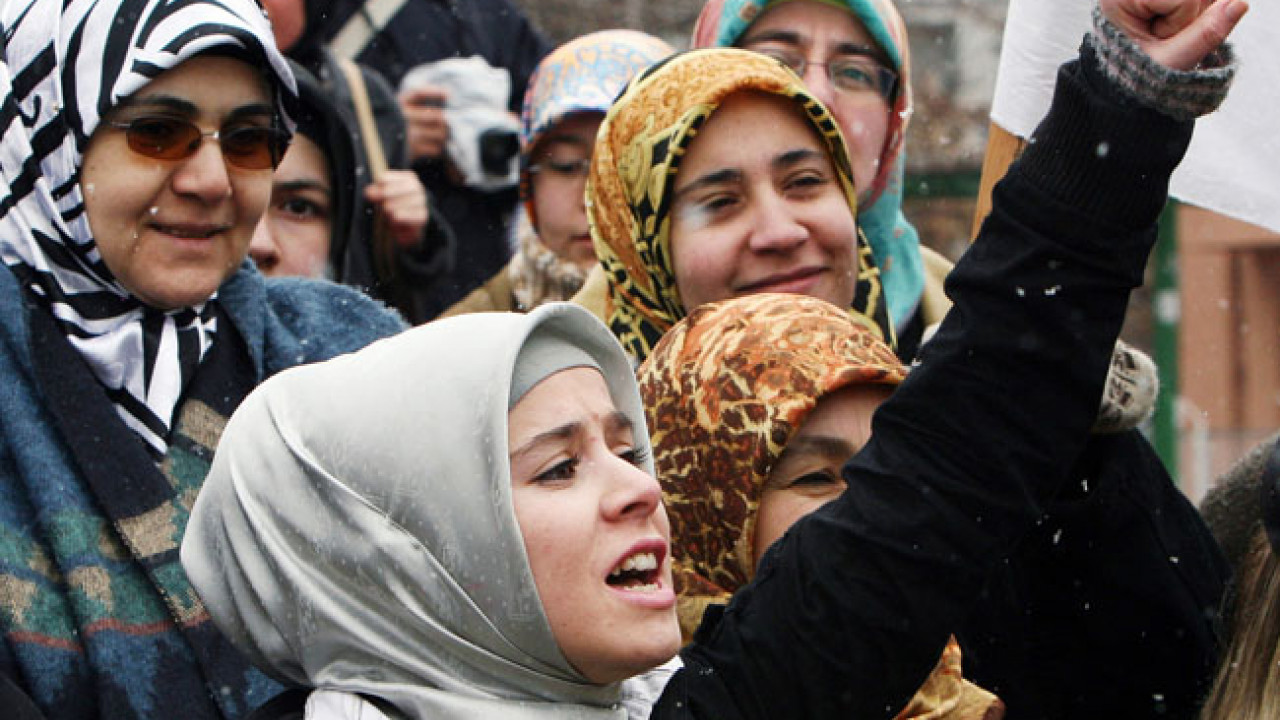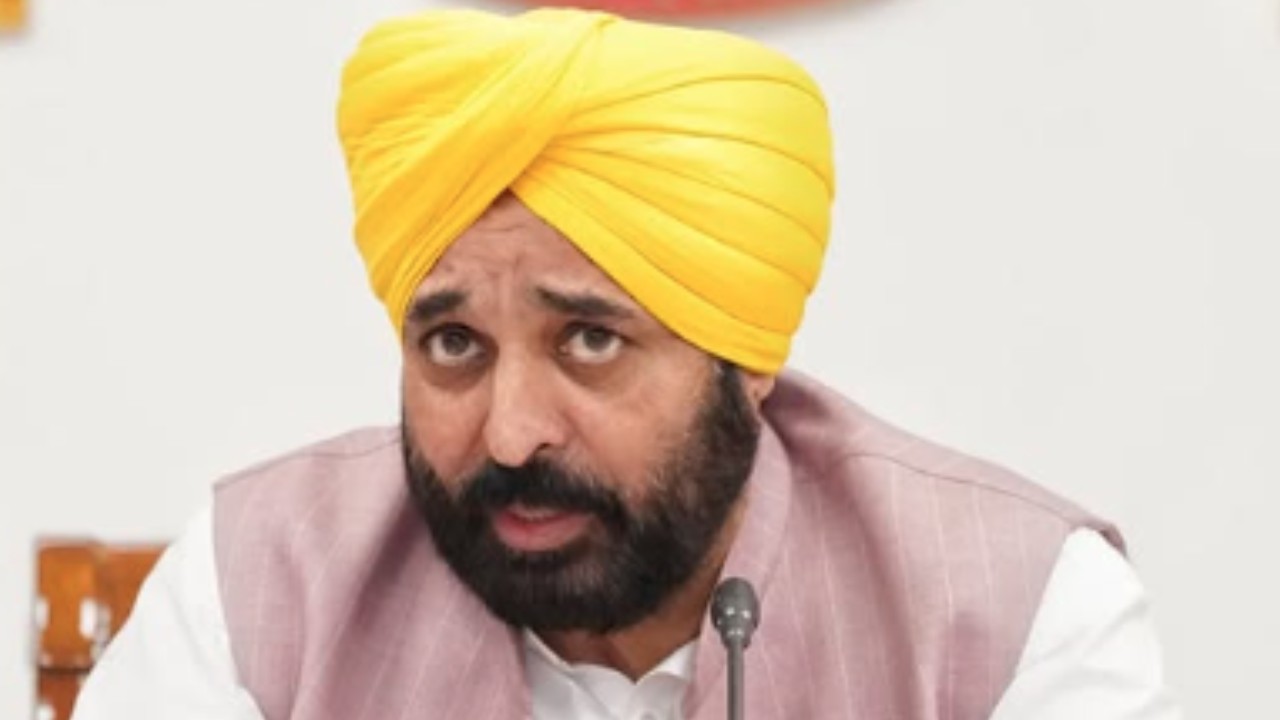International News:In a move that could reshape the geopolitical dynamics of the Middle East, the United States has taken a surprising turn, offering Syria a second chance. The Trump administration has eased several long standing economic sanctions on Syria, paving the way for potential global investment and renewed trade relations.
Syria, a New Strategic Partner
President Donald Trump has recently signed an executive order easing key sanctions that had kept Syria economically isolated for decades. This is a significant reversal for Syria, once a top adversary on America’s foreign policy radar, which may now emerge as a new strategic partner in the region. The decision comes at a time when Iran is increasingly asserting its influence across the Middle East, raising concerns in the United States and among its allies.
The easing of sanctions follows a meeting between President Trump and Syria's interim leader, Ahmad al-Shara, held in Saudi Arabia this past May. During that encounter, Trump reportedly pledged to reopen economic channels if Syria showed signs of moving toward peace and stability. Now, it appears the U.S. is making good on that promise, lifting restrictions that had been in place for nearly 50 years.
A Boost for Syria, a Blow for Iran
According to the U.S. Treasury Department, the objective behind the policy shift is to reintegrate Syria into the international financial system, encourage foreign investment, and potentially engage neighboring countries in the rebuilding process. The European Union has also begun easing its own restrictions, signaling a growing international interest in Syria’s economic revival.
This emerging alliance could form a new political and economic bloc in the Middle East, one that might leave Iran increasingly isolated.
Not a Full Reset Yet
Despite the positive momentum, not all sanctions are being lifted. The Caesar Act, imposed to hold the Assad regime accountable for human rights abuses, drug trafficking, and the use of chemical weapons, remains in effect. These targeted sanctions still apply to former president Bashar Al-Assad and his inner circle. Only the U.S. has the authority to fully repeal them.
Furthermore, restrictions remain in place on groups tied to terrorism and those involved in the production of captagon, a powerful and widely trafficked drug in the region.
While this move doesn’t mean the U.S. and Syria are back to being full-fledged allies, it does mark the opening of a diplomatic window. As the U.S. continues to review Syria’s status as a sponsor of terrorism. The door isn’t wide open yet, but a window has certainly been cracked.


